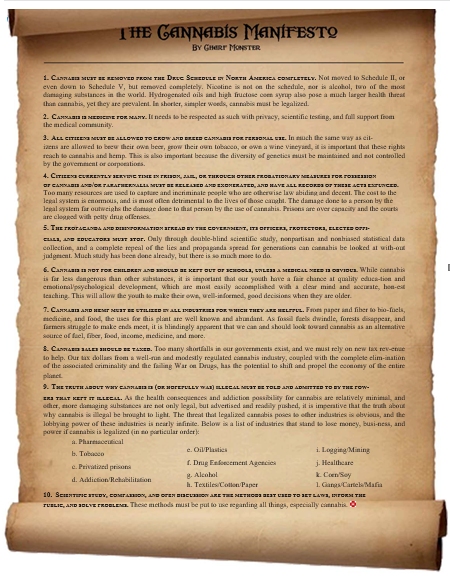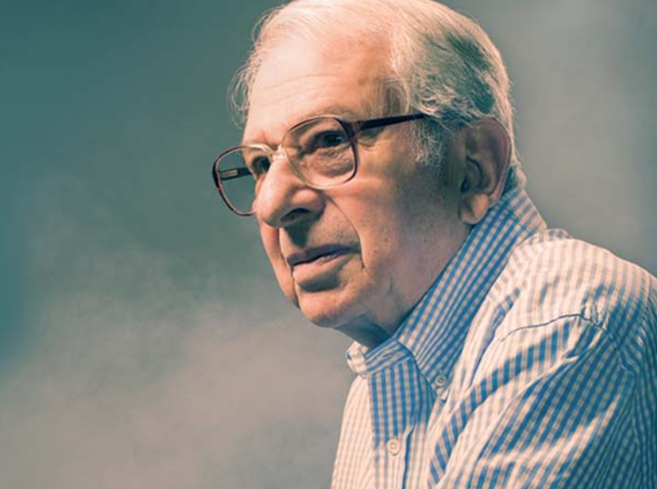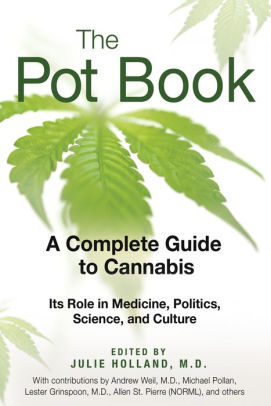
Lights, Camera, Cannabis
By Carl Hedberg
Carl Hedberg is a writer, speaker and cannabis use explorer working with film makers to deliver the historical and medicinal truth about cannabis to the big screen. Twitter questions and comments @cannabisrising or visit Carl on Facebook (thefinestgreen). This piece was adapted from blogs on www.cannabisrising.com.
In print and on screens large and small, we the people of this planet receive a steady dose of time-tested cannabis war propaganda that runs so deep that Westernized citi- zens distrust plant medicines, consume pills and alcohol to excess, and believe restoring the right to choose cannabis is a fringe issue orchestrated by stoners. On the econom- ic front, Washington drug warriors are sending in their troops to slow down and disrupt a growing enterprise frontier they say doesn’t exist.
What mainstream Americans don’t know about cannabis is hurting us all, and film makers are in a unique position to help. As Mr. Gore demonstrated with his engaging documentary on climate change, the most effective way to get the attention of the masses is with compelling enter- tainment that delivers the truth—inconvenient or other- wise—in a manner that gets them to see why they should care.
In light of the burden of installed negative perceptions and associations going back generations, cannabis truths are best delivered in small doses and within the lives of authentic characters. Woven into the fabric of a scene like a pack of smokes or a cold one, fleeting images of regular folks making therapeutic use of cannabis in the privacy of their own lives could have an enormous impact on audi- ences raised to turn away and just say no.
Truth Defines Character
Throughout the world cannabis is returning to its rightful place as a garden flower remedy with a sense of humor; exotic, sexy, inexpensive, effective, safe and easily to grow. Fortunately for film makers, the lives of prohibition-era cannabis characters are often filled with danger, conflict and contradiction.
Patients are on the front lines of the long cultural migra- tion back to natural remedies; treating themselves, explor- ing formulations,
sharing strains, and recipes. Sources of conflict include disapproving
friends and family members
who insist they want what’s best for the patient, church, social and community groups that support the war on cannabis, disreputable suppliers, drug free environments, legal entanglements, drug war invasions, and healthcare provider threats and actions, including refusal of treat- ment and transplant denials.
Medicinal Growers: Seed masters and master growers of medicinal grade cannabis are a special breed of pioneer. Their passion to explore and share is changing the face of healthcare one strain at a time. Guys love hobbies and competitive sports, and this male-dominated field boasts a colorful cast of braggarts, botanists, tinkerers, black mar- keters and patients—all working to cultivate, share and sell some of the finest green in the world. Get a group of growers in a room and invariably the conversation will get around to how much they love their ‘girls’ and the work they do. Grower conflicts are similar to patients, with added concerns of flood, fire, power outages, mites, nutri- ent mix, sales, and home invasions by pot robbers.
Partiers: Ancient Egyptian wall carvings of wild, drug- infused festivals remind us that young men and women have always enjoyed a good party. Cannabis festivals are filled with young folks smoking cigarettes, drinking alco- hol, and toking a lot of weed. Edibles and tinctures are making the scene as well. Partiers use cannabis in the same way they consume legal drugs; typically in groups, and often to excess. A central conflict in their lives is that their choices are often at odds with the new age traditions they claim to embrace.
Closet tokers are well-hidden, well-off cannabis aficiona- dos who love great weed and devote a good deal of their free time to pursuing and enjoying medicinal grade strains. These mature cannabis fans—from stiletto ston- ers to senior bakers—are very good at keeping their inter- ests a secret. Since cannabis use is all but legal in their upscale surroundings, conflicts stem from workplace, family and social expectations. In New England, weed is
viewed as a slacker drug of the lesser classes—fine for prep school, but if you’re a fifty-something professional with teens in the house, you’re up in the master bathroom blowing hits into a damp towel while your wife is down- stairs greeting guests and pointing them to the bar.
Enterprisers from all walks of life are finding steady income and creating new ventures in the cannabis trades; care givers, scientists, growers, educators, inventors, entre- preneurs, publishers…Conflicts stem from the risky reali- ties of quasi-legal environments, new age need/hate rela- tionships with money, stoned, unreliable workers, skittish investors, and disapproving friends and family.
Let the Re-enculturation Begin! Cannabis prohibition continues to be a supremely effec- tive war of words and images, and the best defense against those dark arts is an equally crafty film response that doesn’t make waves before it gets to the theatre; subtle medicinal tells, authentic patients treating themselves for common ailments, and broke-down Americans crawling out of the recession by way of the cannabis trades. The battle to restore the right to choose and responsibly use cannabis is at the pain center of an arc that will play out like all modern freedom revolutions do; as the truth comes out, it gets on film, and the walls come down.






